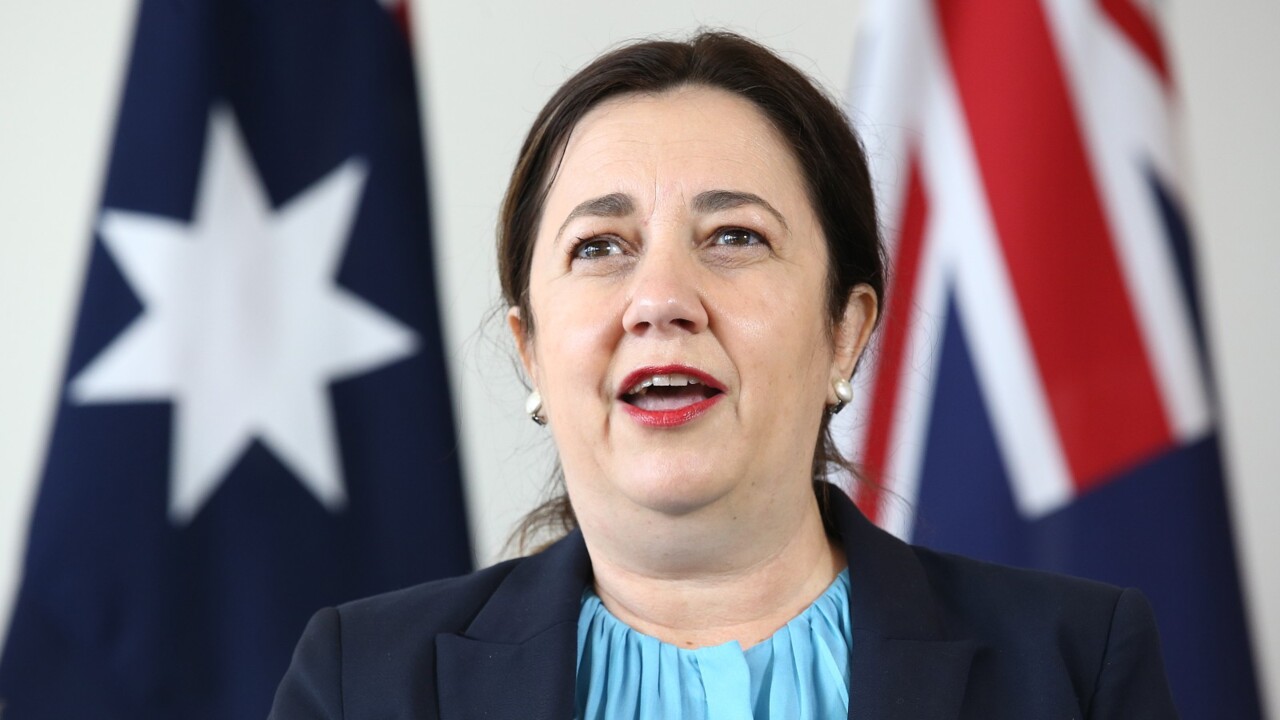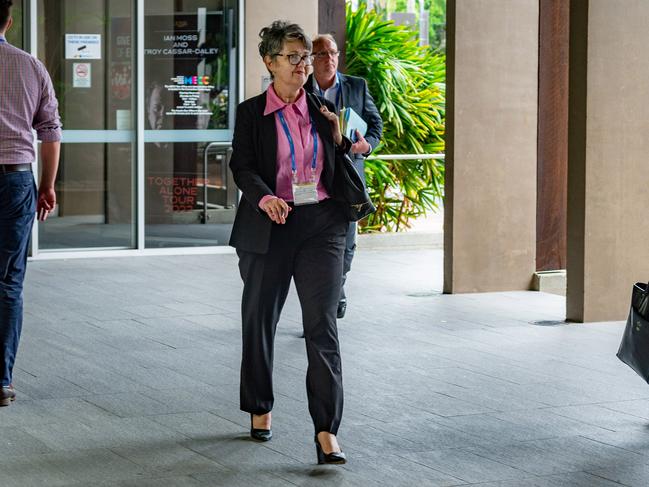Head of Office of the Independent Assessor admits she doesn’t know how to assess serious complaints
The head of Queensland’s embattled council watchdog has admitted she doesn’t know how to assess serious complaints levelled at councillors properly because of a glaring issue with the code of conduct.

QLD Politics
Don't miss out on the headlines from QLD Politics. Followed categories will be added to My News.
The head of Queensland’s embattled council watchdog has admitted she doesn’t know how to assess serious complaints levelled at councillors properly because the code of conduct is so broad.
The incredible admission came as Deputy Premier Steven Miles released the terms of reference for a parliamentary inquiry into the Office of the Independent Assessor, referencing The Courier-Mail’s “considerable media coverage” as the reason for potential law reform.
The committee has been asked to consider whether the OIA is operating within the intent of the local government complaints system and whether its powers and resources are being applied in “the public interest”.
It will also decide whether law change is needed to alter the “function, structure or procedures” of the OIA and the local government complaints system following criticism they are pursuing too many frivolous complaints and have created a culture of fear.
The release coincided with a speech by Independent Assessor Kathleen Florian to a Local Government Association of Queensland conference in Mackay that left attendees gobsmacked.
Asked about the rights of councillors to freedom of political communication following the furore over a misconduct investigation into Barcaldine Mayor Sean Dillon for questioning plans for the Covid vaccination rollout in his community, Ms Florian said she wasn’t exactly sure how to interpret that right alongside the code of conduct.

She said the High Court held there was an implied right of political expression under Australia’s system of representative government under the Constitution.
“The implied right of freedom of political expression may operate as a restriction on the conduct standards in the Local Government Act,” she said.
“But how it operates as a restriction is not clear at this point, and what the High Court has said is that it extends only so far as is necessary to preserve and protect that system of representative government.
“ … The issue for us here is that we don’t understand yet how the implied right of freedom of political speech works with the code of conduct and other provisions in the Act, which are expressed in very broad terms.”
She said there was no case law yet to help the office interpret the broad code of conduct.
When there was a lack of clarity, law reform could be considered, or cases could be advanced to the council of conduct tribunal to provide clarity, she said.
Ms Florian told councillors they could raise concerns but that “until we get some certainty, I just ask you to consider how you raise your concerns”.
LGAQ chief executive Greg Hallam said Cr Dillon’s case should never have been escalated to an investigation because the “fundamental, inviolate right” of mayors and councillors to freedom of political communication was clear.
Meanwhile, a letter from Mr Miles to the State Development and Regional Industries Committee containing the terms of reference revealed a departmental analysis of the office earlier this year had already found problems.
“The department concluded that the application of the councillor complaints system … is leading to overly legalistic, complex and adversarial practices not anticipated or intended by government,” Mr Miles wrote.
“Specifically, impacts on both councillors and the system itself are greater than forecast, by reference to higher-than-expected numbers of complaints received, the number of investigations undertaken by the OIA, the number of applications that proceed to the CCT (Councillor Conduct Tribunal) for hearing, and now a number of those decisions being reviewed in the Queensland Civil and Administration Tribunal.”
Mr Miles has asked the committee to take those findings into consideration in its investigations.
His letter made specific mention of The Courier-Mail’s reporting into Cr Dillon’s case and the OIC’s investigation of former Rockhampton mayor Margaret Strelow that she said left her no choice but to resign as the impetus for the public debate that had brought about the parliamentary probe.
It also referenced media coverage of the OIA’s threats towards the Fassifern Guardian and Tribune in connection with a complaint against Scenic Rim Regional Councillor Derek Swanborough.




